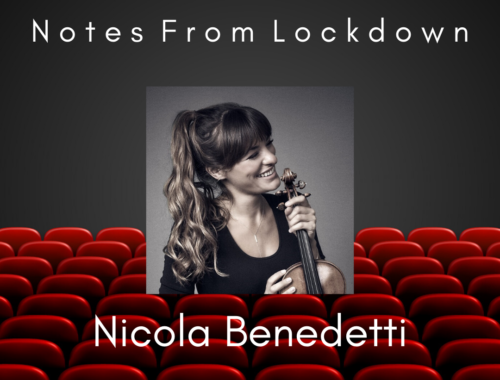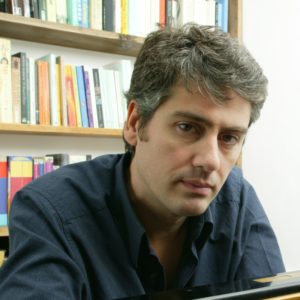THURSDAY 11TH MARCH 2010 LONDON SYMPHONY ORCHESTRA/ ADAMS
Barbican Hall
The intimations of both Ravel and Stravinsky in Colin Matthews’ opulent orchestrations of Debussy’s gusty Preludes “The Wind in the Plain” and “What the West Wind Saw” made for a quite incestuous feel to this the second of John Adams’ cunningly devised concerts with the London Symphony Orchestra. All five composers cross-fertilised in interesting ways.
Matthews’ take on the Debussy Preludes was governed by a desire to make them as orchestral in texture and as far removed from the piano as was conceivably possible. It’s what the best orchestral transcriptions always do and why Ravel’s orchestration of Mussorgsky’s Pictures at an Exhibition at times feels as though the plainer piano original came after and not before. Flickers of “Gnomus” and “Baba Yaga” breezed through the Matthews, the headiness of Ravelian rather than Debussian colours making for an exotic palette.
Ravel’s Valses nobles et sentimentales then generated their own turbulence, the sort produced by sensuous swirling bodies. The problem was, though, that Adams, the conductor, slightly short-changed us on the swoon and salivation of these hedonistic morsels, failing to exploit through phrasing and rubato the full variety of pleasure that they offer. In short, they were rather stiffly, uniformly, despatched.
And this is what sometimes happens when a conductor’s musicality exceeds his technical capabilities. Adams has the understanding but not the natural ability to communicate characterisation and subtext as a conductor. He was frankly hanging on for dear life negotiating the brittle urban counterpoint of Stravinsky’s Concerto for Piano and Wind Instruments. Jeremy Denk led by example, keeping a cool head, lending a distinct touch of the Oscar Petersons to the central diversion of Stravinsky’s exquisitely Bachian Largo.
That illicitly languorous jazz of the wee small hours is what lies at the dark heart of Adams’ neon-lit City Noir, here receiving a stonking European premiere. It’s the stuff of film noir and then some, of sleazy LA nights, of dreams and delusions, of dangerously sensuous high-lying strings, yearning alto sax laments and nighthawk trumpets. You could argue that Adams is apt to repeat himself, to be too expansive in that typically West Coast way. But what a talent he has for the big orchestral gesture and what an amazing ride he takes us on in the frenetic final pages of this orchestral triptych. It’s Hollywood’s answer to The Rite of Spring, it’s David Lynch on heat and out of his head careering down Mulholland Drive. I reckon the LSO came pretty close to meltdown; what a dazzling display.
You May Also Like

NOTES FROM LOCKDOWN: Nicola Benedetti in Conversation
16/06/2020
A Conversation With DARIO MARIANELLI
02/09/2011